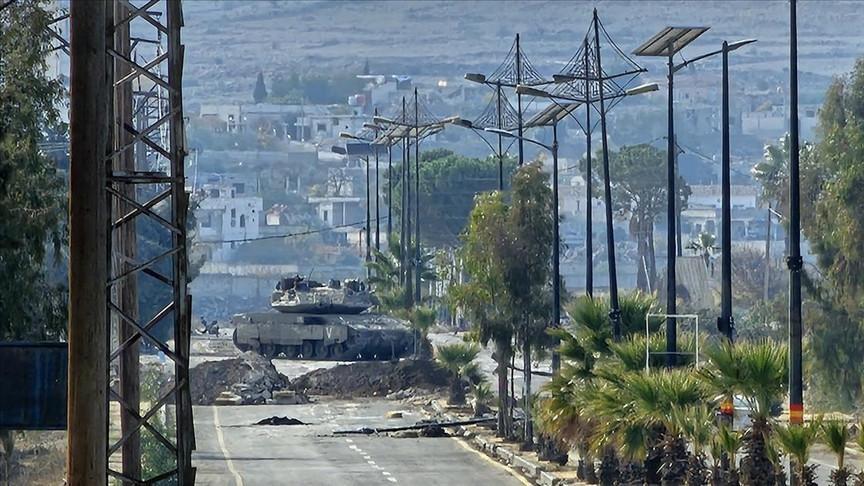
Syrian President Ahmad al-Sharaa has said that his country has been in “advanced talks” with Israel on a possible security agreement.
The Syrian president received a delegation consisting of Arab media figures, including directors of media institutions, newspaper editors and former ministers of information, late on Aug. 24.
According to Sky News Arabic, Sharaa said that Syria is at an advanced stage in reaching a security agreement, adding that the chance that such an agreement will be reached is greater than not being reached.
Any deal would be based on the 1974 disengagement lines that Tel Aviv and Damascus agreed to after the Yom Kippur War a year earlier, he said.
In December 2024, when the new authorities in Syria toppled the Bashar al-Assad regime, the Israeli military began seizing control of a demilitarized buffer zone in Syria created as part of a 1974 ceasefire between the countries.
Sharaa also reportedly said that while he did not believe the time was right for a peace deal with Israel, he “will not hesitate to take” any agreement that benefits Syria and the region.
His remarks came after Syria's foreign minister met with an Israeli delegation in Paris to discuss de-escalation and the situation in Druze-majority Sweida province after deadly sectarian violence last month.
A week of violence began on July 13 with clashes between Druze fighters and Sunni Bedouin, but rapidly escalated, drawing in government forces, with Israel also carrying out strikes.
Israel, which has its own Druze community, has said it acted to defend the minority group as well as to enforce its own demands for the demilitarization of southern Syria.
Meanwhile, armed groups in Sweida announced the formation of a new structure under the name “National Guards,” led by Druze spiritual leader Hikmat al-Hijri.
In a statement signed jointly by 35 armed groups, the “National Guards” was declared to be the official military umbrella body representing the Druze community.
The group emphasized that al-Hijri is recognized as the “sole legitimate religious and social authority,” adding that the new formation aims to defend the region, maintain social stability and act collectively against external interventions.